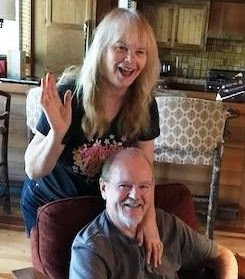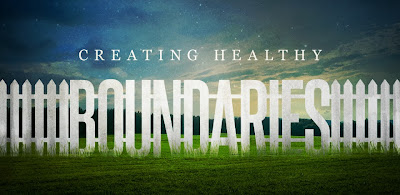We often give out a list of “Must Haves” and “Can’t Stands”
to singles that are in the search for a mate. They are lists of qualities that
they are looking for in a husband or wife. It helps them define the
characteristics they are hoping to find in a spouse so they can eliminate
inappropriate matches early in the dating process.
Great. But after reading an article on Millennials (born between
1980 and 2000) in the workplace, I realized that we may have been feeding the entitlement
tendency of this generation.
Yes, it is helpful to define what a good match for us would
look like – but it is equally as important to define what would make us a good
mate.
As an employer, when I look at a potential employee I am
asking myself the question “What will this person bring to the table if I hire
him/her?” I know what I have to offer: a salary, medical benefits, vacation and
sick pay, defined working hours, a chance for advancement, etc. But what does
the person in front of me bring besides a warm body? I think a single might ask themselves the same question.
“What
do I bring to a relationship that makes me a good catch?”
Here is a starting point.
- Emotionally mature. I am able to deal with life’s ups and downs without a lot of drama.
- Hard working. I am committed to the domestic and financial health of a marriage.
- Addiction free. I am not controlled by alcohol, drugs, shopping, pornography, Facebook, texting, video gaming, gambling or any other type of addiction.
- A healthy and appealing body. Yes, attractiveness counts. It’s what gets the chemistry started.
- A generous attitude. I am patient and kind and giving towards others. I exude Christ’s love.
- Flexible. I don’t always have to have my own way. I can compromise.
- Realistic. I am able to manage my expectations and appetite for more and bigger.
- Trustworthy and trusting. I am not jealous or possessive. I keep my promises.
- I am not contentious or argumentative.
One way of determining good personal characteristics is to draw up your own lists of what you do and don't desire, and then make sure you are all of those things, too. If you read through the book of Proverbs, you will get a great sense of what good character looks like on the practical side of life. 1 Corinthians chapter 13 gives you a guideline for being loving. James chapter 1 is also a good chapter to read.























